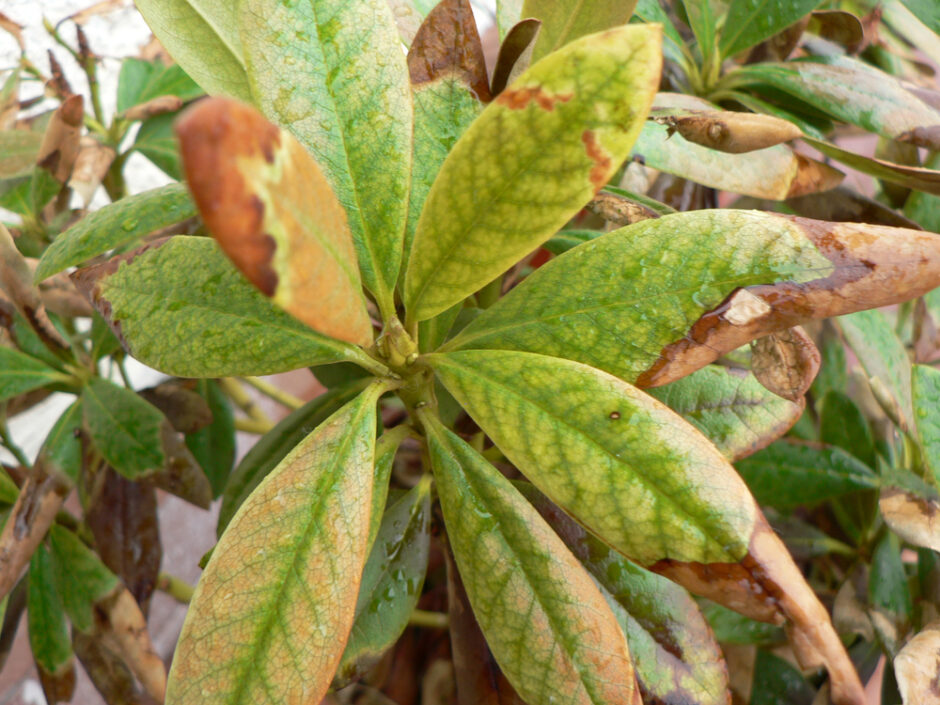pH ..What’s that got to do with it ?
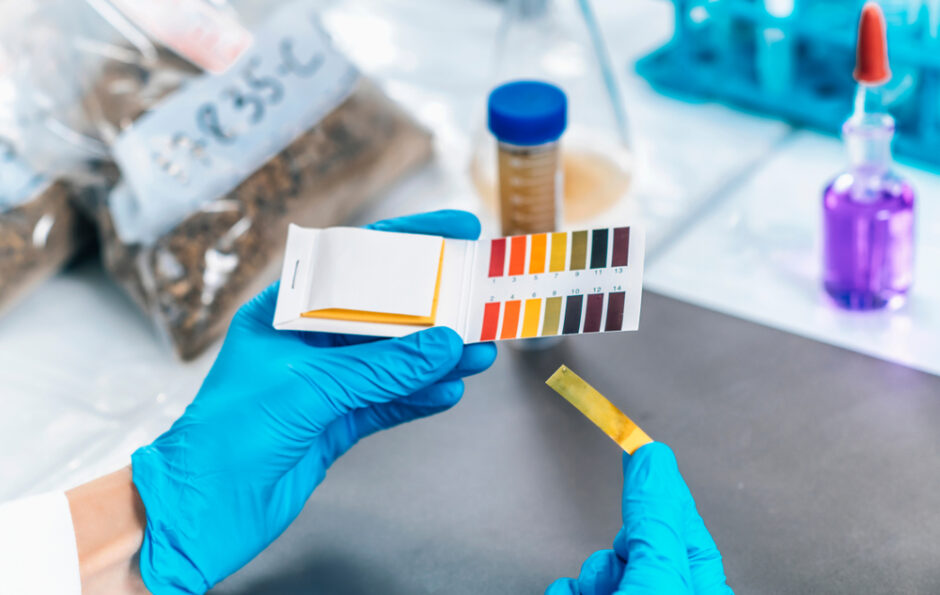
Firstly, what is pH, what does it mean to us and why does it matter?
pH in simple terms is a measurement of the acidity/alkalinity of the soil. These two things are fundamentally opposite to each other, and whether a soil is more acid than alkaline can be demonstrated by determining its pH.
A pH value is given by giving it a numerical value between 0(zero) and 14. The number 7 is considered to be neutral – neither one thing nor the other. The lower the number below 7, the more acid the soil is, and the higher the number above 7, the more alkaline the soil is.
In general terms, the pH levels in an average garden’s soil tend not to be lower than 5, nor higher than 9, although there will always be exceptions.
So why on earth does it matter what the pH value is? It is simply because of what certain types of plants will or will not tolerate. It’s a bit like very dry or very wet soils, or very hot or cold situations. Some plants can cope and some cannot.
So it is important that we take note of soil pH so that we can make a well informed choice where selection of species is concerned.
There is no substitute for learning about popular plants and what their specific requirements are.
In horticulture, one of our primary functions is to find the right plant for the right situation. In order for us to do that, there are certain basic things that we need to guide our choice. Soil pH is just one of them.
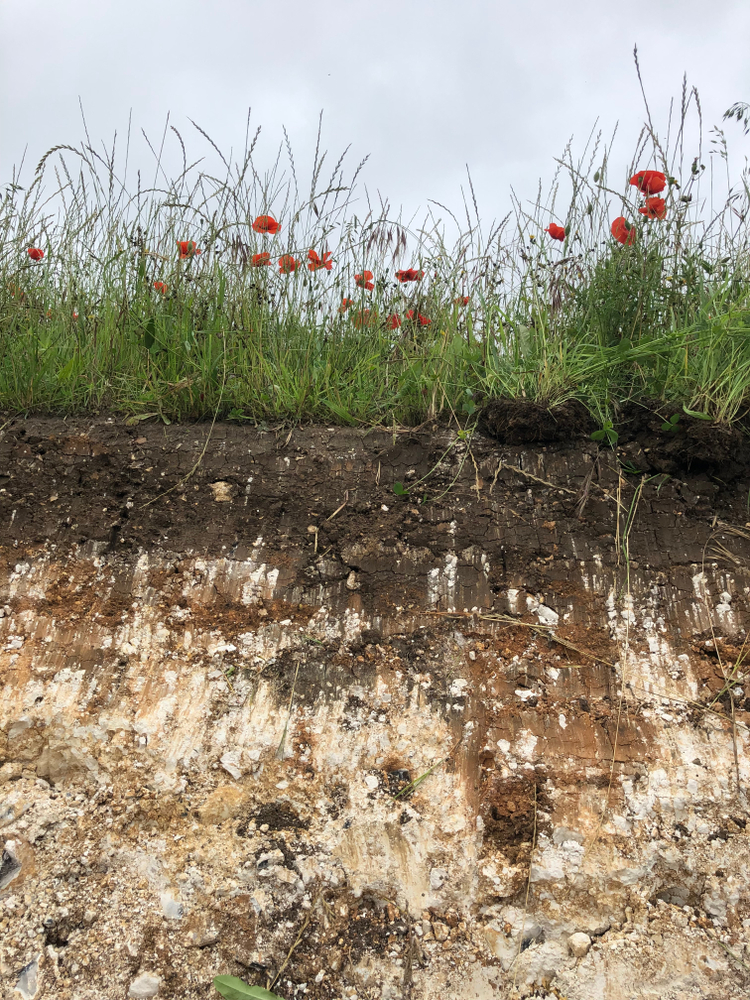
Chalk Soil Profile
Chalky or alkaline soils have a high pH, and this photo clearly shows the underlying chalk. Something else to note is the profusion of wild flowers growing in the pasture at the surface. This simply does not happen in Acid soils.
So if you have an acid soil and you want to establish a sustainable wild flower meadow, you are unlikely to succeed.
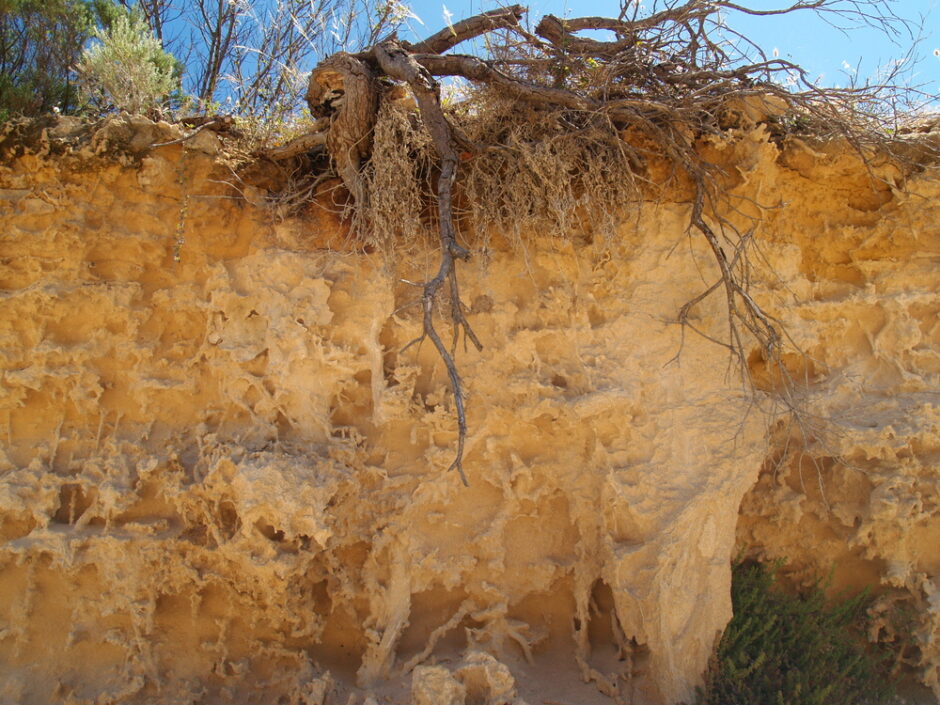
Sandy Soil Profile
Very light generally sandy soils have a low pH.
And it is really only possible to grow things in a way that they thrive if you put the right plant in the right soil. In a sandy, Low pH soil it tends to be things like Heather, Gorse, Rhododendron, Birch, Pine, Bracken, Broom that would naturally be growing there.
Many plants are tolerant of slight variations one way or the other, but it is primarily where pH values are either extremely high or low that problems will occur.
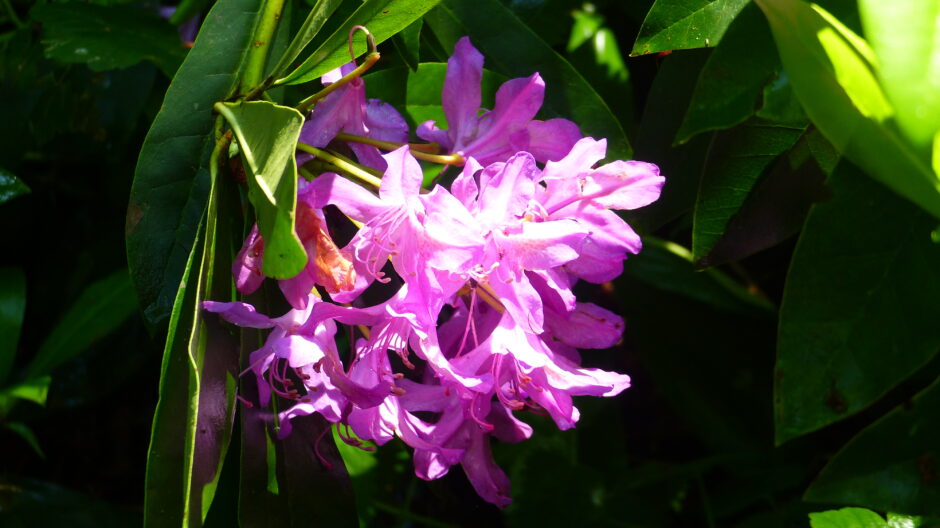
Rhododendron ponticum
For instance, if you are a fan of Azaleas or Rhododendrons, but you have a very chalky or alkaline soil, as the photo below shows, you will never be able to grow them because they just can’t handle it.
